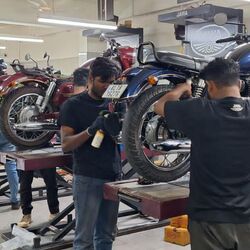Daimler, Volvo seek huge cuts in hydrogen fuel cell costs by 2027
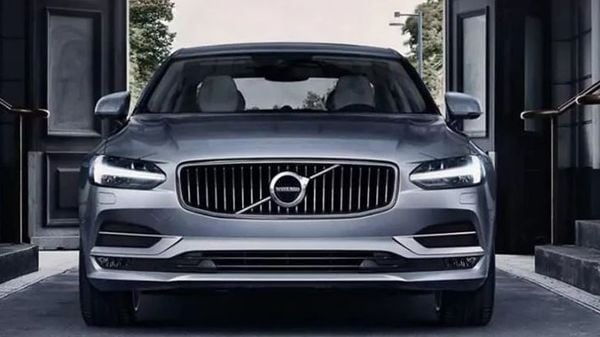

Daimler Trucks and Volvo AB said on Thursday they aim jointly to cut the costs of hydrogen fuel cells by a factor of five or six by 2027 as they seek to make the zero-emission technology commercially viable for long-haul trucking.
But even if cellcentric, the fuel-cell joint venture the two companies formed in March, brings down costs by that much, Martin Daum, head of Daimler AG's truck unit, said he doesn't see hydrogen-fueled trucks reaching cost parity with diesel models for at least 15 years.
Also check these Vehicles
The German and Swedish makers of large freight-hauling trucks said cellcentric would start producing hydrogen fuel cells in Europe in 2025, and called for EU policies to help build out fueling infrastructure and provide subsidies and tax breaks to help make hydrogen trucks affordable for customers who want zero-emission models.
Also Read : Volvo Group sees more risk from unstable chip supply chain
"We can't save the planet if we're bankrupt," Daum told Reuters. "We need to cover our costs and our investments and they (our customers) need to cover their costs and their investments."
"Ultimately it's the job of the politicians to balance it out because otherwise our customers can't run it," he added.
Aside from the joint venture, the two companies remain competitors. Both hope to test fuel-cell trucks in about three years and start mass producing trucks in the second half of this decade.
"It's important for us to put a stick in the ground now, be transparent about the time schedule... and hope others will do their part," Volvo CEO Martin Lundstedt said.
The European Union has been pushing tighter emission standards, fuelling a boom in zero-emission electric cars.
But batteries in electric vehicles are very heavy and hydrogen fuel cells are seen as a better zero-emission solution for long-haul freight. Fuel cells produce electricity from hydrogen, emitting only water.
The two truck makers called for the construction of around 300 hydrogen refueling stations suitable for heavy-duty vehicles in Europe by 2025 and about 1,000 stations by 2030.
During a video conference with the two firms, European Commissioner for Transport Adina Vălean said the commission would this summer propose a revised alternative fuels directive.
She said this "will include binding requirements for rolling out hydrogen fueling infrastructure ... and financial support will be available where needed."
Automaker Stellantis said this year it would begin deliveries in Europe of its first medium-sized vans powered by hydrogen fuel cells by the end of 2021.
Stellantis said at the time that Germany had 90 hydrogen stations and France had 25 - a tiny fraction of the thousands of petrol stations available for fossil-fuel vehicles today.









 1969.0 cc
1969.0 cc Multiple
Multiple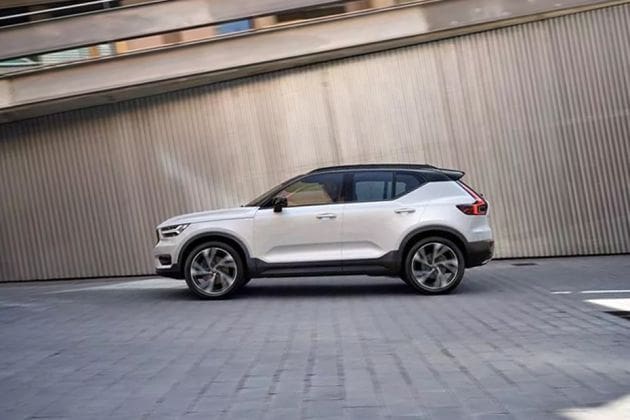
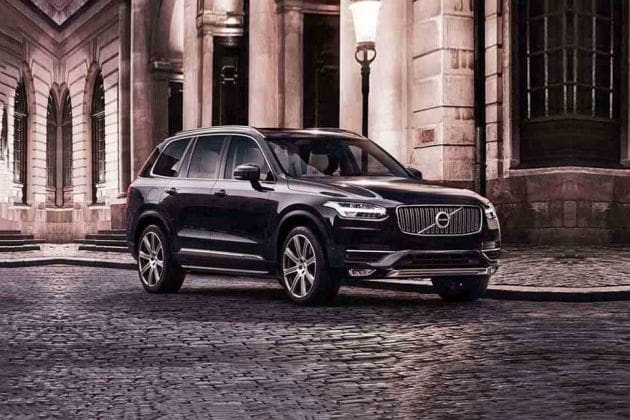
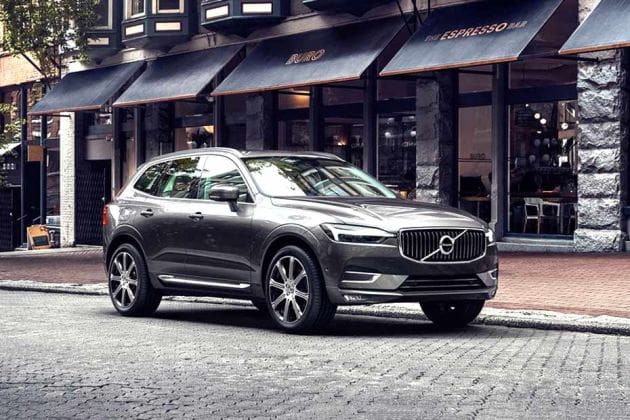
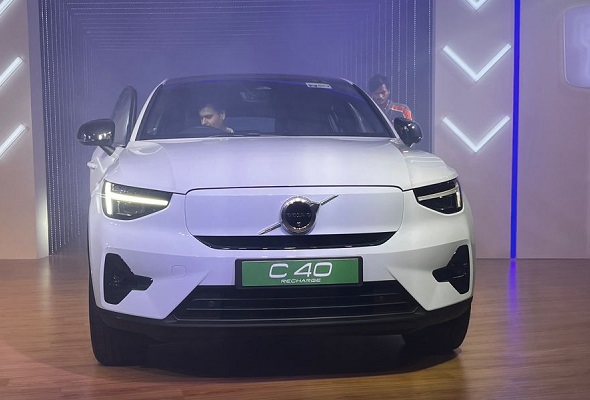
 78 kWh
78 kWh 530 Km
530 Km

